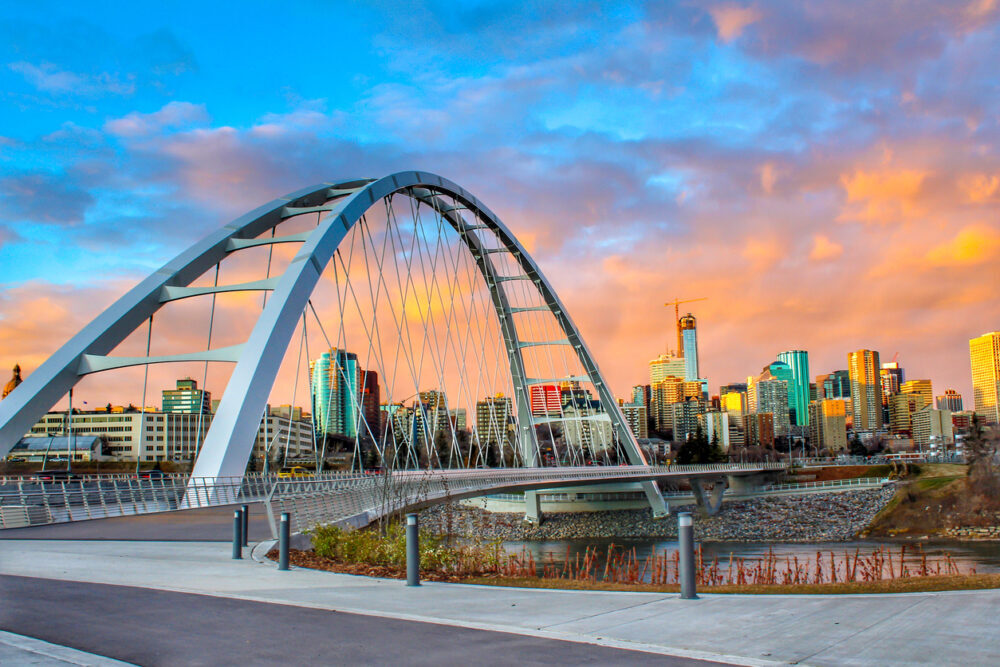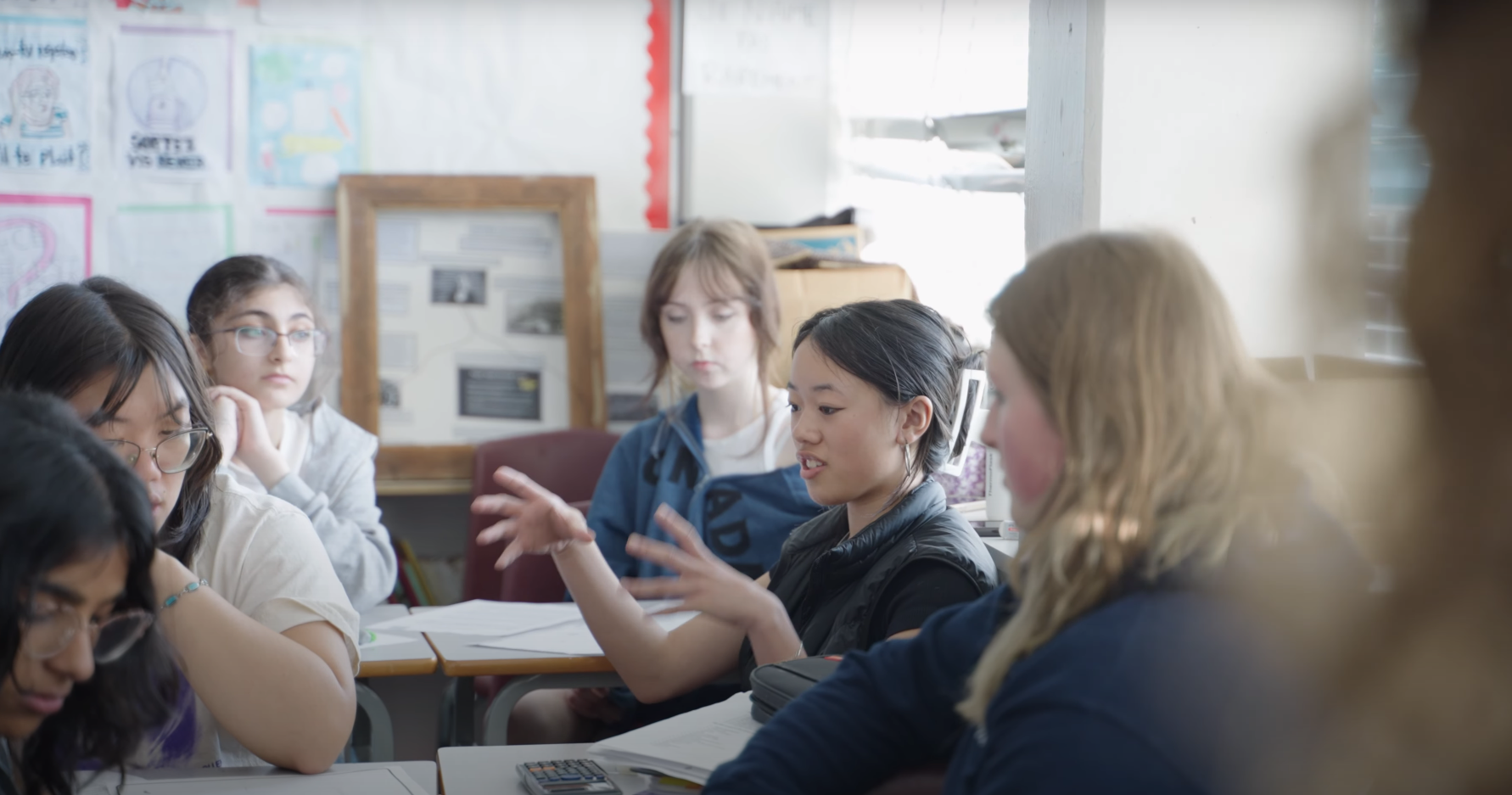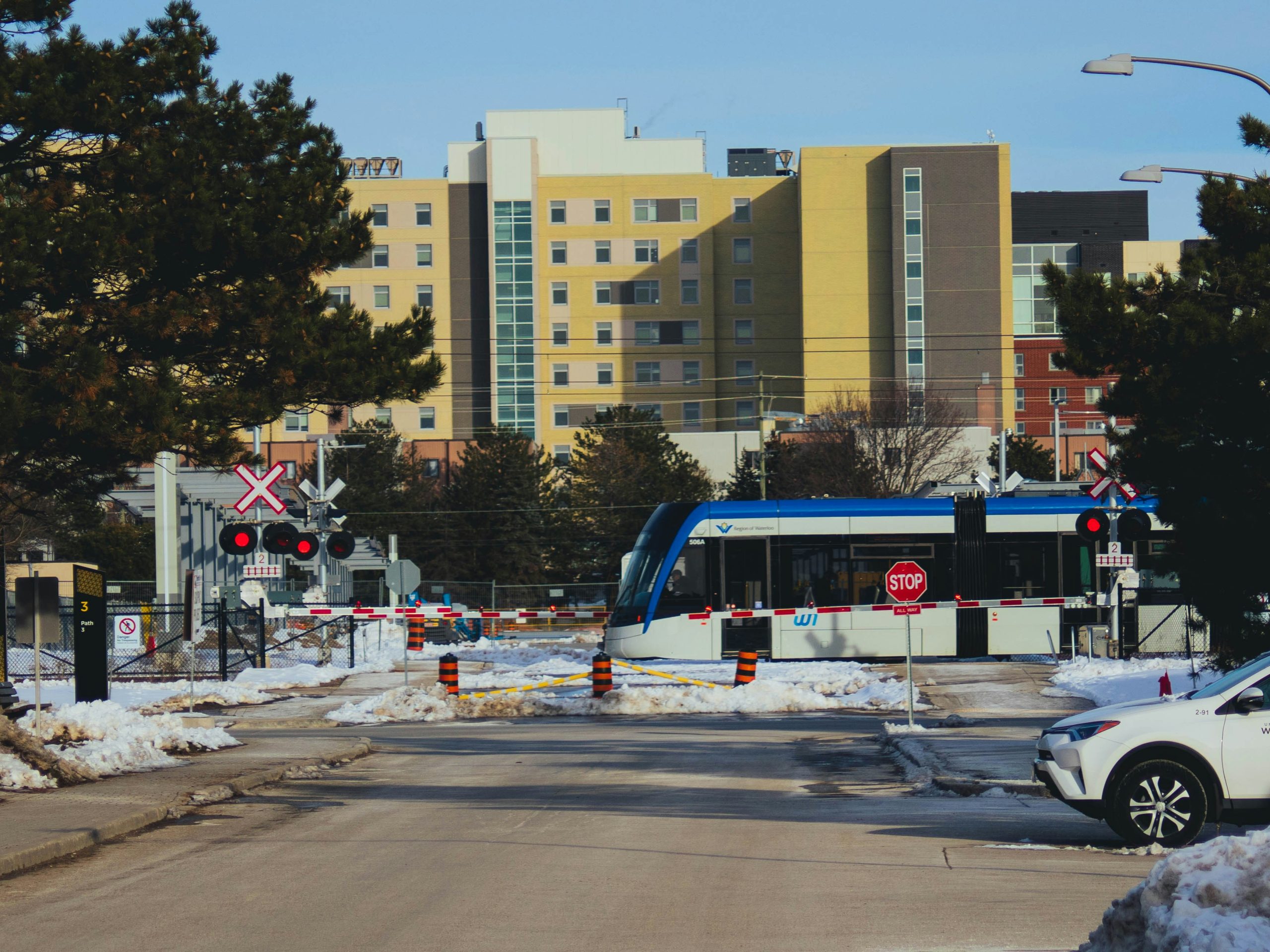Featured Guest
You’ll find this guest among our growing roll of Urban Champions.
-
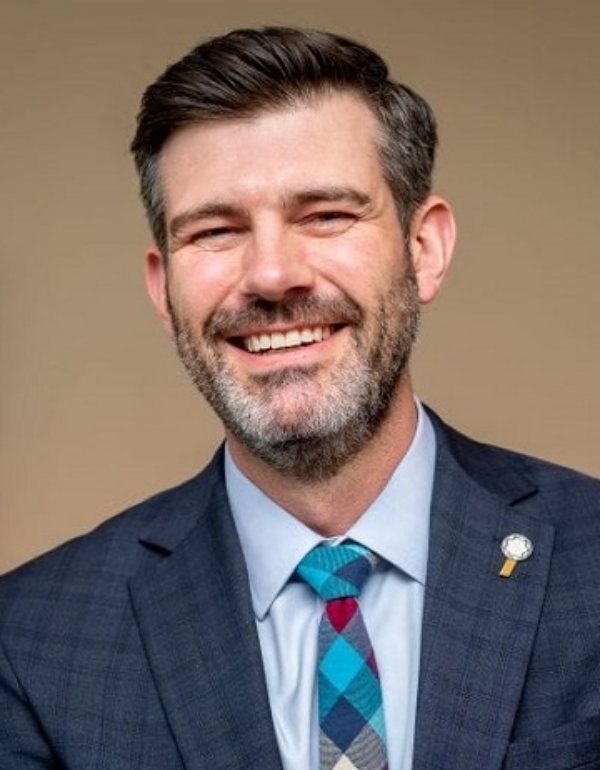
Don Iveson
Mayor of Edmonton
-
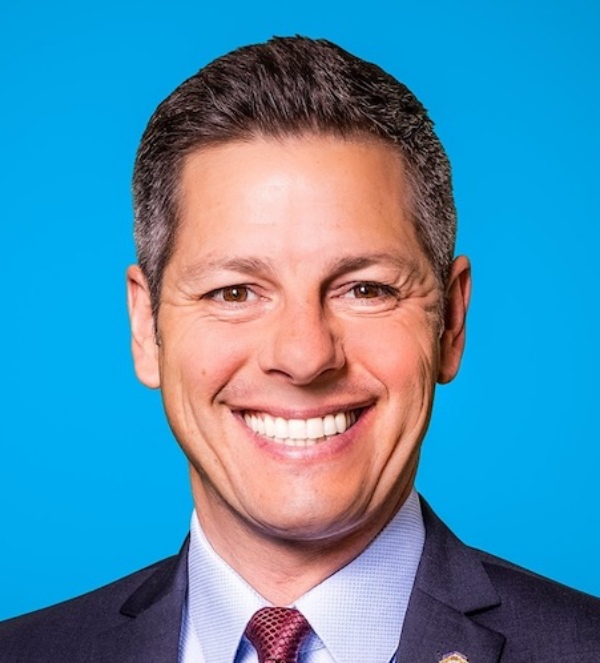
Brian Bowman
Mayor of Winnipeg
-
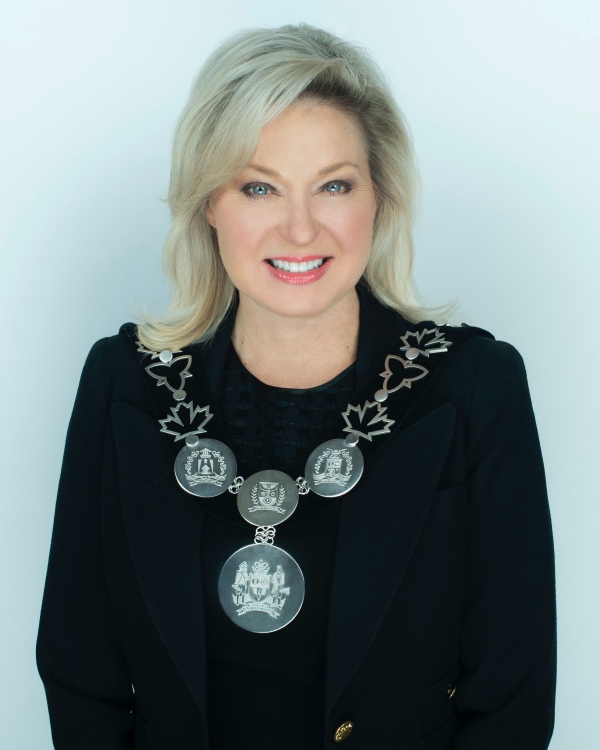
Bonnie Crombie
Mayor of Mississauga
5 Key Takeaways
A roundup of the most compelling ideas, themes and quotes from this candid conversation
From April 6-8 2021, The Massey Cities Summit 2021 brought together leaders from across Canada and the world to reimagine the municipal role in Canadian federalism, while also acknowledging the constitutional rights of First Nations.
Organised by Massey College and the Canadian Urban Institute (with much appreciated support from the Maytree Foundation and the Social Sciences and Humanities Research Council of Canada).|
1. Sustainable revenue tools for 21st century cities
Bonnie Crombie, the Mayor of Mississauga, highlights the fact that the City of Toronto Act grants broader permissive authority to raise new taxes than is available to other Ontario municipalities. She argues these tools should be available to other cities in Ontario like Mississauga. Agrees Edmonton Mayor Don Iveson, cities need more robust own-source revenue tools or statutorily protected revenue sharing agreements.
2. Working collaboratively and sounding the alarm
Brian Bowman, the Mayor of Winnipeg, Manitoba, suggests municipalities, as the order of government closest to the ground, is by nature more accessible and transparent to residents. He stresses the importance of striking the right balance between working collaboratively with other orders of government, and communicating publicly about the ways that authority, powers, and jurisdictional limitations are not working during COVID-19.
3. Provincial leadership is needed
According to Mayor Bowman, cities need to be ‘masters of our own domain’—and as creatures of the province, absent constitutional change, we need a bold premier who is willing to lean into the opportunity to empower cities.
4. We need “smarter” money.
The mayors agree that COVID recovery is led by Canadian cities. This is not about new taxes from his perspective, it is about getting better value for the money that’s already in the system. The mayors discuss whether the property tax is regressive and fair for residents as the main source of revenue for municipalities.
5. “Conditional Metropolitanism” is key
According to Mayor Iveson, the answer is not more asymmetrical federalism. Instead, we need “conditional metropolitanism,” where federal transfers are made on the condition that provinces work collaboratively with municipalities and Indigenous governments.
Full Panel
Transcript
Note to readers: This video session was transcribed using auto-transcribing software. Manual editing was undertaken in an effort to improve readability and clarity. Questions or concerns with the transcription can be directed to events@canurb.org with “transcription” in the subject line.
Full Audience
Chatroom Transcript
Note to reader: Chat comments have been edited for ease of readability. The text has not been edited for spelling or grammar. For questions or concerns, please contact events@canurb.org with “Chat Comments” in the subject lin
From Canadian Urban Institute: You can find transcripts and recordings of today’s and all our webinars at https://canurb.org/citytalk
00:27:37 Canadian Urban Institute: Welcome! Folks, please change your chat settings to “all panelists and attendees” so everyone can see your comments. Attendees: Where are you tuning in from today?
00:28:09 Alan Kasperski: Mary W. Rowe, President and CEO of the Canadian Urban Institute, is a leading urban advocate and civil society leader who has worked in cities across Canada and the United States. Mary comes to CUI with several years of experience as an urban advocate and community leader, including serving as Executive Vice President of the Municipal Art Society of New York (MASNYC), one of America’s oldest civic advocacy organizations focused on the built environment. A mid-career fellowship with the US-based blue moon fund led her to New Orleans where she worked with national philanthropy, governments and local communities to support rebuilding after Hurricane Katrina. Prior, Mary was President of the Canadian platform Ideas That Matter, a convening and publishing program based on the work of renowned urbanist Jane Jacobs.
00:28:25 Alan Kasperski: Mary has been a frequent contributor to national and international city-building programs, including UN Habitat and the World Urban Forum. She brings an extensive international network of practitioners from government, industry, community activism, and the city-building professions to strengthen CUI under her leadership.
00:30:20 Alan Kasperski: In 2014, Bonnie Crombie was elected Mayor of Mississauga. Building regionally-integrated transit, igniting new economic development opportunities and creating a more open, engaging and inclusive city, have been Mayor Crombie’s leading policy priorities for Mississauga.
00:30:38 Alan Kasperski: Mayor Crombie serves as honorary chair of the Mississauga International Partnership Program Committee (MIPP), a new working group committed to leveraging Mississauga’s cultural diversity and international contacts to attract foreign-direct investment. Mayor Crombie launched the Innovation and Entrepreneurship Taskforce, which brings together leaders from business, public sector and academia to identify strategies to further transform Mississauga into a thriving hub for innovation, entrepreneurship and capital investment.
00:31:04 Alan Kasperski: Mayor Crombie has an MBA from York University’s Schulich School of Business and earned a Corporate Director’s Certificate from the Institute of Corporate Directors at the Rotman School of Management. She attended St. Michael’s College at the University of Toronto, earning an Honours Bachelor of Arts in political science and international relations. Mayor Crombie also studied French immersion at the Paris Sorbonne University.
00:31:47 Alan Kasperski: Brian Bowman was first elected Mayor on October 22nd, 2014 becoming Winnipeg’s 43rd Mayor. He was re-elected Mayor on October 24th, 2018, increasing his plurality and capturing more than 53 percent of the votes cast. Both of Mayor Bowman’s campaigns signalled a positive, forward thinking vision for building a city whose population is on track toward a million people, and a vision to unite the city’s many diverse communities and cultures.
00:32:07 Alan Kasperski: Prior to taking office, Mayor Bowman was a business lawyer and a partner in a major Winnipeg law firm. Alongside his law practice, Brian held many leadership roles across a range of boards and community organizations. Mayor Bowman and his wife Tracy are proud parents of two sons. He holds a Bachelor of Arts (Adv) in history and political studies from the University of Manitoba and a Juris Doctor degree from the University of Toronto. He is the recipient of an honourary CPA.
00:32:39 Alan Kasperski: Since his election as Edmonton’s 35th Mayor in 2013, Mayor Iveson has led Edmonton’s transformation into a more uplifting, resilient, and globally competitive city. Alongside his remarkable partner Sarah Chan, they both serve our community while raising two young children, working to make things better for all our kids and grandkids.
00:32:58 Alan Kasperski: Harnessing a new confidence among Edmontonians, he is focused on the priorities of growing an opportunity economy, building a more family-friendly city, accelerating our leadership on energy and climate, and planning for a million people – all while strengthening integrity and performance at City Hall.
00:33:14 Alan Kasperski: Prior to entering public life, Iveson studied Political Science at the University of Alberta, then served as president of Canadian University Press in Toronto. He returned home to a city that appeared to be exporting young, smart leaders, thinkers, creators, and entrepreneurs faster than it could attract them. As a proud Edmontonian, the challenge of attracting and retaining more people inspired Iveson to run for City Council in 2007. As a result, one of his key performance indicators – as both a Councillor and Mayor – is to build the kind of city that, when the time comes, his children will never want to leave.
00:35:51 Diane Dyson: Mayor Crombie is highlighting some interesting regional dynamics around representation.
00:41:14 Charles Maurer: Question for Ms. Crombie:
Public Health Ontario established a policy to screen the vision of kindergarteners. Peel Public Health refuses to to this. If you ignore provincial public health for that policy why did you not ignore it for covid?
00:44:04 Rebecca Alty: Mayor Iveson, with the change of the Provincial govt after you created the Edmonton and Calgary Charter, some of your powers were rolled back or diluted, correct? Is there something that you would do different with the Act to try and prevent that in the future?
00:46:20 Rebecca Alty: Good point, Mayor Bowman. Definitely a tough balance!
00:48:05 Steve Lorteau: Mayor Bowman, The City of Winnipeg has set, yet has failed to meet its GHG emission targets since 1998. Can you speak to the challenges associated with municipal GHG emission targets?
00:52:57 Rebecca Alty: Yellowknife 🙂
00:53:19 Rebecca Alty: Not a problem 🙂 It happens!
01:00:04 Rebecca Alty: We had this debate at Council yesterday. Councillors were frustrated that we couldn’t distinguish between different stores (chains vs small businesses). Property taxes are a blunt tool.
01:02:57 Diane Dyson: If our topic is Constitutional Space for Cities: Cities and the Tools for Job, what – more than finance and revenue tools – is needed to create vibrant and equitable cities? I am also interested in the mayors’ point of view on what are the strengths and weaknesses of pushing decision-making down to the most local level.
01:03:22 Alexandra Flynn: One of the things that came up this morning is that provinces / feds must come to the table on some issues (esp big ticket issues like transit & housing). What are your thoughts on balancing more power for cities while also binding other governments to help when needed.
01:05:01 dina graser: “Power concedes nothing without demand” is the quote I think you’re looking for, Mary. Frederick Douglass
01:05:57 Andrea Reimer: It’s not every panel where the moderator uses “obsequious” casually in a sentence.
01:23:13 Canadian Urban Institute: The Massey Cities Summit is a program of Massey College, in partnership with SSHRC, the Maytree Foundation, and the Canadian Urban Institute. Check out tomorrow’s program and register for the sessions by visiting our website: https://www.masseycitiessummit.ca/conference-agenda
01:23:31 Alexandra Flynn: I like this suggestion!
01:24:12 Alan Kasperski: One of you needs to be a Premier … soon!
01:27:10 Diane Dyson: Bravo!
01:27:25 Rebecca Alty: Thank you!
01:27:25 Rowan Gentleman-Sylvester: What a great conversation – thanks all!
01:27:47 Alexandra Flynn: Thank you so much!
